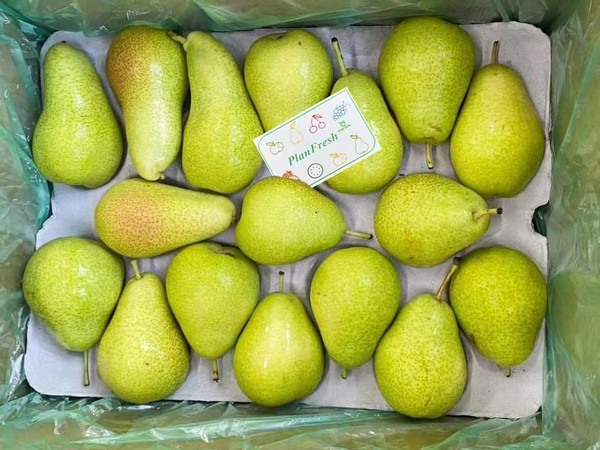A growing number of new varieties of fruits from the Southern Hemisphere enter the Chinese market these days. However, due to obstacles and delays in sea shipping, products sometimes take too long to reach their destination markets. It is beneficial for fruit retail and waste reduction if product freshness can be extended and the ripening process can be delayed during the long and slow voyages. Chesen BioChem is a specialized manufacturer of fresh-keeping products. Company spokesperson Cathy recently talked about their fresh-keeping product for fruits, PlanFresh.

The PlanFresh card, post-harvest solution is a 1-MCP type fresh-keeping technology for fruits. It helps to reduce the breathing process in organisms, slows down the ripening and ageing process, and maintains freshness and firmness. “Our PlanFresh card can be used in large, refrigerated warehouses, in transport boxes, and even the smallest packaging. Regardless of the size, PlanFresh cards are ideal for products that require long-distance transport or long-term storage,” Cathy introduced.
According to Cathy, different crops require different fresh-keeping treatments. Take pears as an example, “the early-season varieties are generally not entered into storage, but mid-season and late-season varieties are. Traditional Asian white pear varieties (Ya pears, Snow pears) endure storage quite well. European Bartlett pears do not endure storage well under regular temperatures. This pear is generally ripens within 10 days after harvesting, and then quickly decomposes. Different pear varieties therefore have different requirements for storage duration, temperature, and humidity. Moreover, even in storage the pears require regular disinfection and ventilation, which involves a half hour of outside air circulation on a sunny day with low temperatures. With different crop and product variety, we can provide different treatments accordingly.”

Chesen is active in the retail market for pre-harvest and post-harvest agricultural chemicals. Chesen products are sold throughout China, and the company is working on finding distributors for sales in overseas markets.
For more information:
Cathy
Chesen BioChem
Tel.: +86 18133609421
E-mail: [email protected]
Website: www.chesenbio.com










